Red Cross archive waiting to be brought back to life
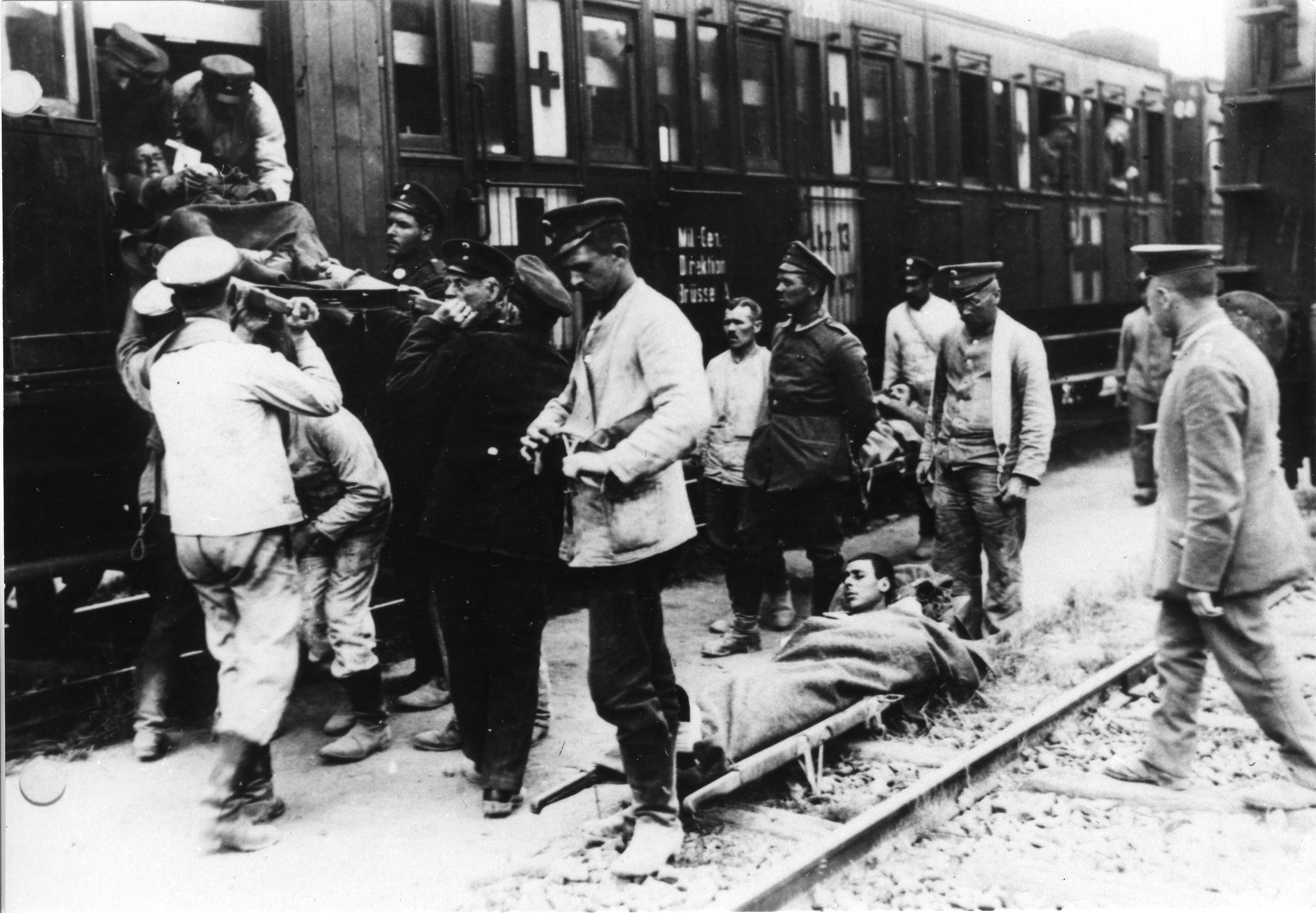
Since its creation, the International Committee of the Red Cross has kept all the documents relating to its operations around the world. This exceptional heritage of papers, photographs, films and recordings has not yet been fully researched.
“To preserve memories is a way of bringing the past back to life, to examine it critically and comprehensively and to reflect on the present time,” says Fabrizio Bensi, ICRC archivist and historian.
In a century and a half, the ICRC has collected millions of documents. Over the decades a unique documentation has evolved on the institution’s history, the origins and development of international humanitarian law and humanitarian operations in general.
Bensi, a native Italian speaker from canton Ticino, has worked in the archives department for 23 years and is a living encyclopaedia of the institution.
“A humble apprentice who still has a lot to learn” is how he describes himself. What keeps him motivated day in, day out is a passion for contemporary history, which was sparked at around the age of 13 and later honed at the University of Geneva.
“I don’t just burrow about in the archive,” he says with a slight smile. “I am a specialist who feeds his knowledge and wants to pass it on to visitors and researchers, so that they can find their way through this thicket of documents. My greatest happiness is when they find an interesting document.”
The sound recordings in the archives of the ICRC come mainly from the period 1950 to 2000.
The recordings produced at headquarters in Geneva were mainly broadcast on Radio-Inter-Croix-Rouge, later Red Cross Broadcasting Service (RCBS), but were also intended to preserve the oral history of the institution.
To improve the dissemination of messages and ICRC information, the organisation also worked for years with Swiss Radio International, which is swissinfo.ch today.
At the beginning of the 21st century, the ICRC realised that it was necessary to digitise this oral heritage to preserve it for the future.
The project to protect and digitise the audio files has been supported by the Swiss National Sound Archives and financed by Memoriav (Association for the Preservation of the Audiovisual Heritage of Switzerland).
When the project is completed at the end of 2013, thousands of digitised recordings will be made available to the public, the media and researchers.
On the occasion of its 150th anniversary, the ICRC has launched an internet platform on which you can search for, view and listen to a selection of audio, video, film and written documents.
More than paper
Since 1863 the ICRC has diligently safeguarded all its documents. At first they were designed to bear witness to the philanthropic work of this humanitarian institution. Today, 150 years later, the public archives are a rich source for historical research and social sciences.
“The period between 1930 and 1960 is the most studied. The Second World War continues to arouse a steady interest,” says Bensi. “The armed conflicts before and after World War Two such as the Ethiopian War, the Spanish Civil War, decolonisation and the Cold War are also well researched.”
The archives not only house millions of paper documents, but also more than 100,000 photographs, about 3,500 films and 6,000 hours of sound recordings.
To develop some of these sources and to share them with the public, the ICRC has created an internet platform. This gives access to various archival materials, including some valuable recordings about the work of the institution over the decades.
One section of the archives belongs to the International Agency for Prisoners of War. There you can find millions of index cards with information about victims of conflicts: prisoners of war, civilian internees, missing persons, refugees and more.
“The huge number of index cards since 1870 allows the ICRC to fulfil its humanitarian mandate and to facilitate the reunification of families,” says the archivist.
“For example, the collection of German personal data from World War Two alone comprises nine million cards.” Bensi recalls how the agency’s documents from 1914 to 1923 were listed by the United Nations culture organisation (UNESCO) on its Memory of the World register in 2007.
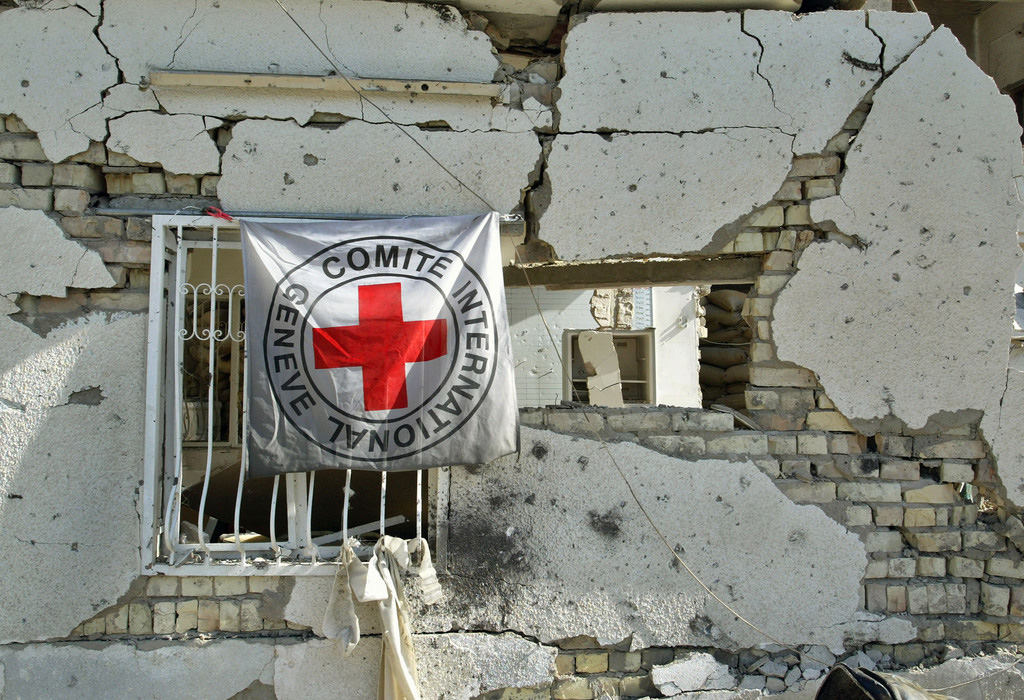
More
A chronology of caring
Nothing to hide
For decades, an aura of mystery surrounded the ICRC archive, which fueled controversy about the role of the institution in certain special situations in recent history, especially during World War Two.
In fact, the archive was not accessible until 1996, or only in exceptional cases.
“One of the most important moments of my time at the ICRC was the opening of part of the general archives to the public,” says Bensi.
“With this decision, the organisation accepted the critical and independent audit of the historian and, more generally, that of specialists in social sciences. For me it was the start of an active and interesting cooperation with the academic world outside our walls.”
The ICRC wanted to open up to the world to meet the increasing interest of historians and especially those people who sought biographical information or testimonies of victims of war.
Embargoes
Nevertheless, before the opening of the archives, the institution laid down some precise rules: a 40-year embargo for documents of a general nature and 60 years for those of conflict victims.
“These embargoes were imposed to ensure that research activities do not interfere with the mission of the ICRC, when it is called upon to fulfil its mandate in countries that are involved in a conflict,” says Bensi.
At the moment, researchers can study the sources from 1893 until 1965. From January 2015, information from the period between 1966 and 1975 will be released.
“This was an eventful period, with the Six Day War and the Yom Kippur War/October War in the Middle East, the Biafran conflict, the military dictatorship in Greece, the United States war in Vietnam, Augusto Pinochet’s coup in Chile and the end of the Portuguese colonial empire. The next disclosures will rekindle study and debate over this decade of the 20th Century,” says the archivist.
If you put the boxes with their countless documents in a row, they would stretch for about 20 kilometres. That represents 150 years of memories – a continuous line of conflicts, wars and human tragedies. And it is almost the distance of a half marathon. Archivist Bensi moves over it with surgical precision, but also boundless passion.
The history of the International Committee of the Red Cross begins in 1859, when Geneva businessman Henry Dunant witnesses the Battle of Solferino. Shaken by this experience, he writes the book, A Memory of Solferino, which is published in 1862.
In 1863, a group of Geneva citizens set up the International Committee for Relief to the Wounded, which in 1876 becomes the ICRC.
From the start, the organisation adopts a red cross as a symbol, in other words the Swiss flag with reversed colors. From this first symbol emerged the red crescent and the red crystal.
On 22 August 1864, 12 countries sign the agreement on respect for and protection of wounded soldiers and those providing first aid. It is the birth of the first Geneva Convention.
In 1901, Henry Dunant is awarded the Nobel Peace Prize. The father of the ICRC dies in 1910.
In 1949, four Geneva Conventions on the protection of civilians and war victims are adopted and in 1977 two additional protocols are approved which protect the fighters of liberation movements.
(Source: ICRC)
(Translated by Vincent Landon)

In compliance with the JTI standards
More: SWI swissinfo.ch certified by the Journalism Trust Initiative
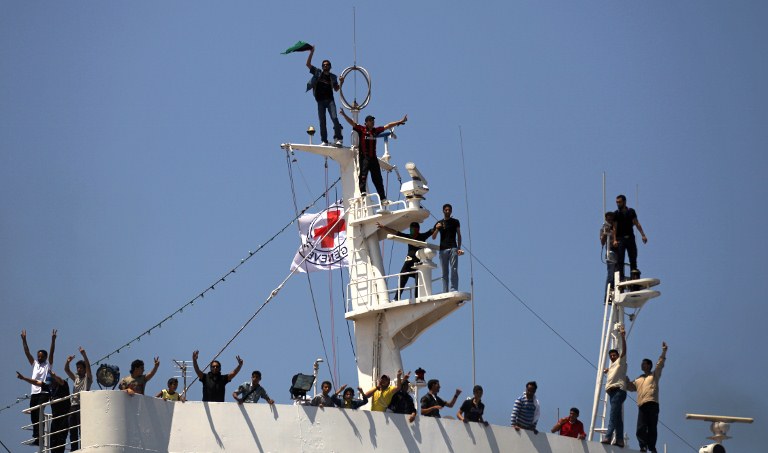
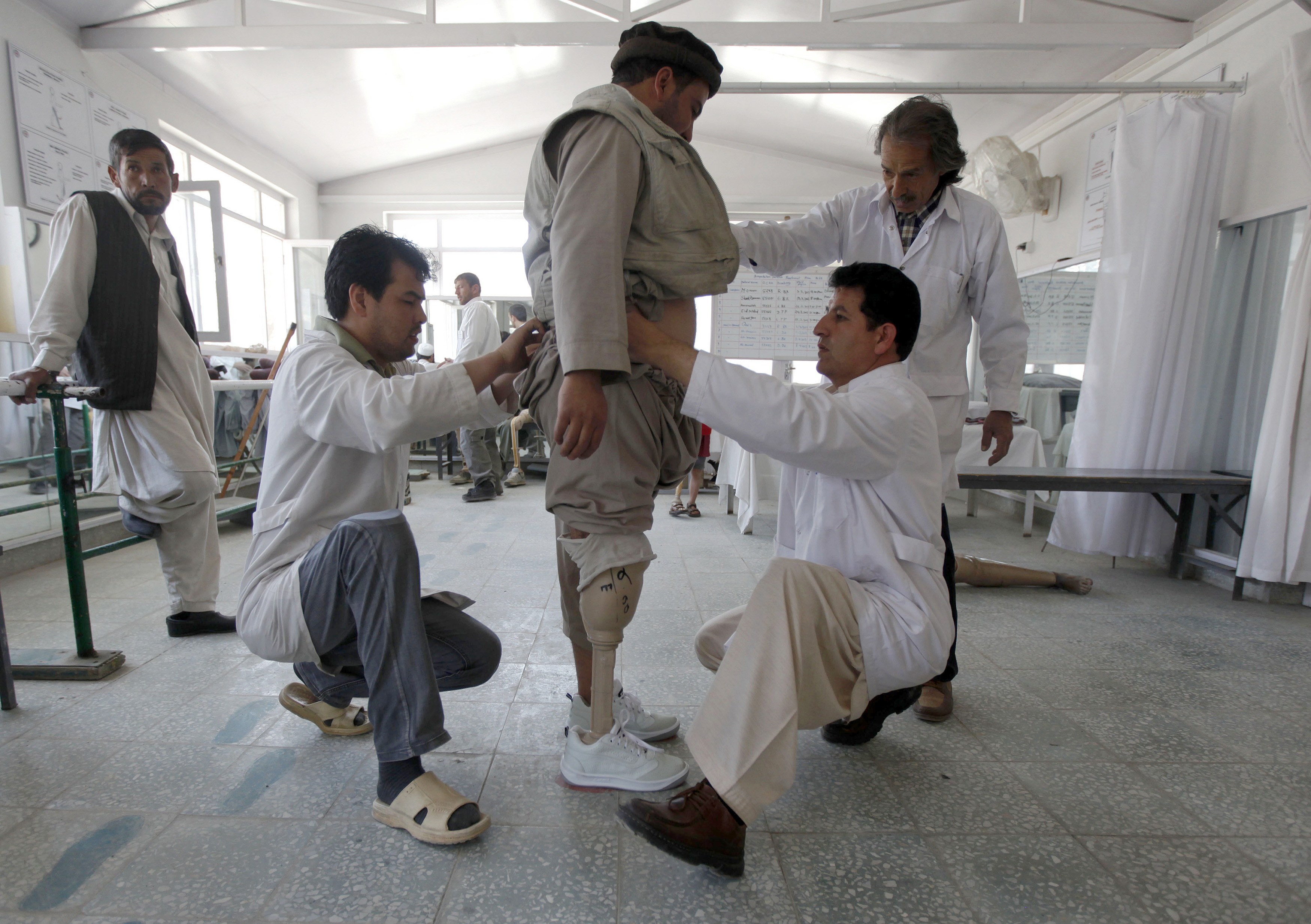
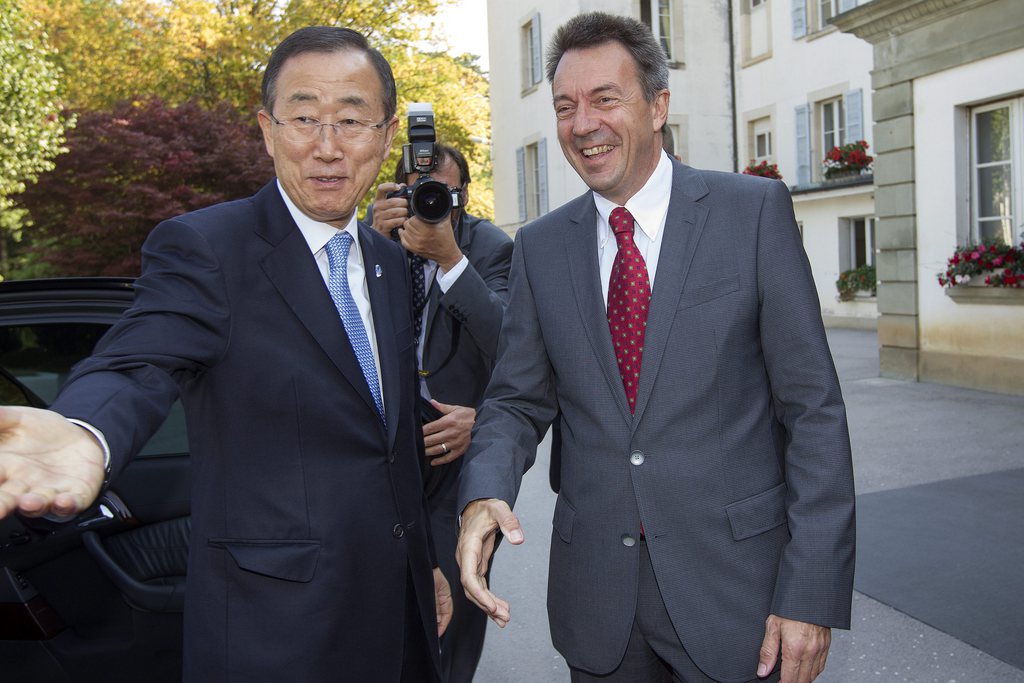
You can find an overview of ongoing debates with our journalists here. Please join us!
If you want to start a conversation about a topic raised in this article or want to report factual errors, email us at english@swissinfo.ch.